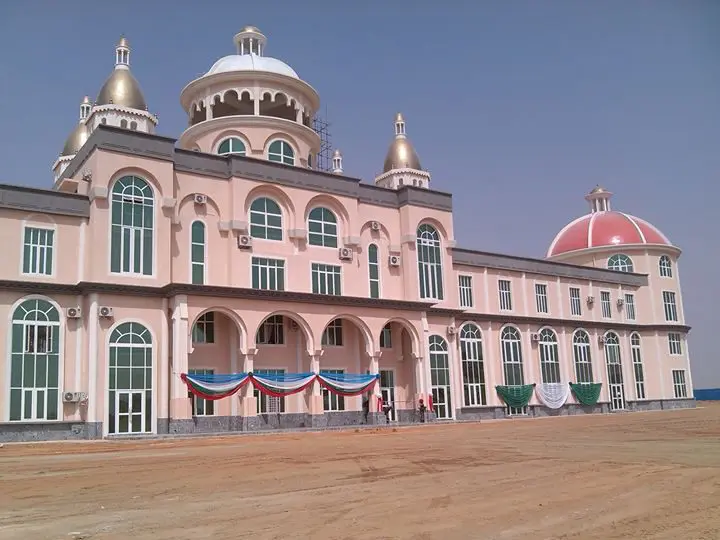A significant development has unfolded at Northwest University, Kano, as the institution has announced a substantial hike in school fees for returning undergraduate students for the 2024/2025 academic session. This increase, confirmed by a circular from the university’s Information and Communication Technology (ICT) Directorate on June 1, 2025, encompasses a range of fees including central registration, administrative fees, and hostel maintenance.
The revised fee structure is noteworthy, particularly for students in certain faculties such as Accounting, who will now be expected to pay over ₦50,000 in total fees. This hike positions Accounting among the departments with the highest charges, sparking concern among students and their families. The timing of this increment is also noteworthy, coming as it does just weeks after the Kano State Government introduced a policy aimed at reducing the financial burden on students. The state government had announced a 50% reduction in registration fees for indigenes studying in state-owned tertiary institutions, a move designed to mitigate the effects of the recent fuel subsidy removal and the rising cost of living.
The introduction of this fee hike by Northwest University, Kano, under the current circumstances, has led to an apparent contradiction with the state government’s policy. Students are questioning the coordination between state education authorities and tertiary institutions, highlighting a potential disconnect in policy implementation. In response to the development, students have been vocal about their displeasure on social media and campus forums. They are calling upon Governor Abba Kabir Yusuf to intervene in the matter, seeking a resolution that aligns with the state government’s broader efforts to support students amidst economic challenges.
The situation at Northwest University, Kano, reflects broader challenges in balancing the need for quality education with the financial realities faced by students and institutions. As the academic year progresses, it will be crucial for stakeholders, including the university administration, state education authorities, and the government, to work towards finding solutions that support both the financial sustainability of educational institutions and the accessibility of education for all students. The outcome of this situation will not only impact the students of Northwest University, Kano, but also contribute to the ongoing conversation about the future of education in the region and beyond.
